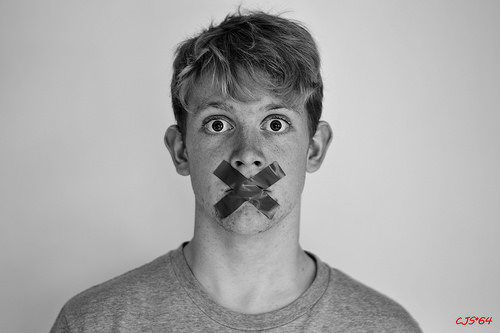During a speech in April 2013, the then Prime Minister of Australia, Tony Abbott vowed to repeal controversial Section 18C of the the Racial Discrimination Act 1975.
Section 18C of the Act makes it unlawful to “offend, insult, humiliate or intimidate” another person or group of people because of their “race, colour or national or ethnic origin”.
In an opinion piece published in The Australian last weekend, Mr Abbott stated his failure to repeal Section 18C as a prime reason for his downfall as prime minister. I can’t help but agree.
In Mr Abbott’s words: “Section 18C … is clearly a bad law. Our debates should be polite but they should never be guaranteed not to offend … With hindsight, I should have persisted with a simpler amendment along the lines of senator Bob Day’s later private member’s bill.”
And there lies the problem with Section 18C. While we should keep our manners in debating important issues, we should never guarantee not to offend. And indeed, how can we ever guarantee such a thing, or guarantee how someone else will feel about something? It is impossible.
Before I address any of the particular issues that many feel are precluded from discussion because of 18C, we need to start with the basics.
The biggest problem with Section 18C is that “offence”, “insult”, “humiliation” and “intimidation” are all subjective. What I find offensive or intimidating will be different to what you find offensive or intimidating, and there can be no objective measure of what actually is.
Laws must be (or at least attempt to be) founded on an objective, impartial and measurable standard. Murder, theft, and assault are objective crimes. Feeling murder or assault is no basis for conviction. While someone is likely to have a negative and subjective experience from assault, for example, prosecution of the crime can only be made on the basis of acts which can be reported, seen and examined objectively as evidence. The same cannot be said in relation to say, “offence”. There is no evidence which can objectively examined, no agreement on what actually constitutes offence, only the subjective feeling of the person offended.
So, the prime reason why 18C should be repealed is that it is not a stable law which can be applied equitably and objectively.
The second issue with Section 18C is that it allows the creation of ‘protected’ classes, groups or individuals in society. Our current political class has clearly articulated which sections of society constitute a protected group. At the moment they include homosexuals, women, non-whites, and Muslims in particular. Yet, if you happen to be a Christian or male and experience offence or intimidation based on your faith and gender, do not for one minute think that your offence will be considered legally valid. If I, as a white, male, middle class Christian lodged a case using Section 18C, I would be laughed out of court no matter how extreme an offence or intimidation I may have experienced.
While the current arrangement has certain groups deemed as ‘protected’, don’t assume that this will remain static. As society is constantly changing and evolving, the very laws which were introduced to protect homosexuals and others could at some point in time be used against them and to their exclusion.
Even those who support the current protected classes and causes should be very worried. Section 18C is not a stable law to defend the rights and ensure the security of minorities or other groups. What’s more, 18C could at sometime in the future be turned against them.
Section 18C is ab unstable and unjust law. As such, it should be repealed.
Photo by CJS*64 “Man with a camera” 










